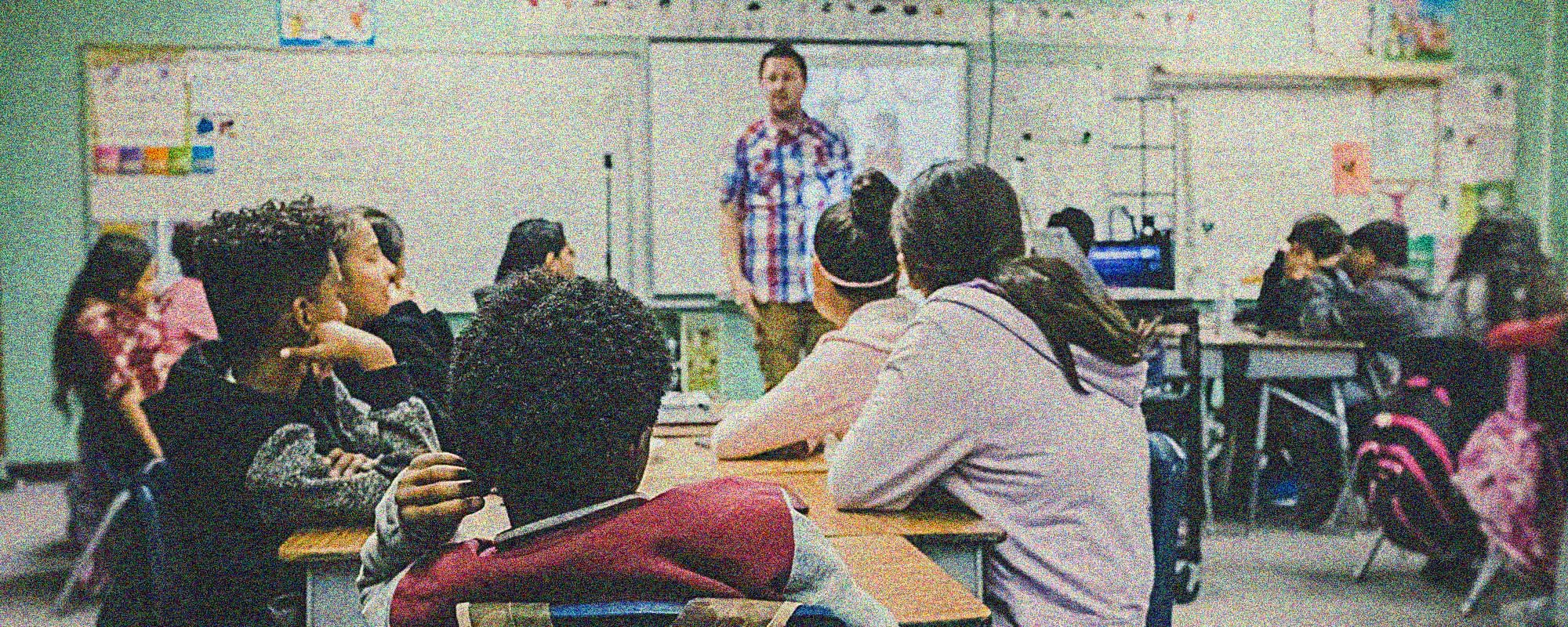Last Spring Sotheby’s auction house sold off a copy of Margaret Atwood’s The Handmaid’s Tale for 130,000 USD. The special edition wasn’t an original manuscript. It didn’t even come with the author’s autograph. But it had a different unique feature. This version of the book was “unburnable” – handcrafted with fireproof materials.
The auction of this single fireproof edition was a clever fundraiser for PEN America to “raise awareness about the proliferating book banning and educational gag orders in American schools nationwide…” As the online auction page noted, the primary targets of these measures have been works about racism, gender, and sexual orientation and classroom lessons on these topics and the history of social inequality in America. In plain terms, these are the “don’t say gay” laws and attempts to ban Critical Race Theory that you may have read about in the press.
While Canada has not seen this kind of activity to the same extent, we do have occasional dust ups about the reading material that we – and our children in particular – should or should not be exposed to. Last year Ontario’s Upper Canada District School Board decided that Agatha Christie’s And then There Were None should no longer be taught based on antisemitic references in the text. While there is nothing wrong with deciding that a book is no longer relevant or engaging to students (as the Board did here), removing content because it is controversial or potentially offensive should not be the default position. Rather, where material is considered engaging and relevant but gives rise to concerns about offensive content, educators should be able to choose to teach the material and discuss the concerning references and what they say about the time in which the text was written.
Trustees in B.C.’s Chilliwack School Board faced a debate about a book – All Boys aren’t Blue – being available at a local school library. The book is a coming-of-age story about a queer person of colour and, according to some of the trustees, it contains inappropriate sexual content for children and youth. Things got so heated that some trustees threatened to go to the RCMP (for what exactly is unclear) to report on a trustee who resisted calls to remove the book from the library.
This week is Freedom to Read Week, an annual event to reflect on and reaffirm our commitment to intellectual freedom. Like many of the freedoms we enjoy in a relatively wealthy liberal democracy, the freedom to read is easily taken for granted. When I am curled up with a good book or checking one out of the library for my kids, I don’t generally think of it as exercising a freedom. But that is exactly what it is – a freedom to learn from others, to explore ideas, and to grow as a person. And it is one that not everyone can exercise to the same degree. Access to material is not equitably distributed. Those who don’t speak one of Canada’s dominant languages will have fewer options when it comes to reading materials. And for inmates in our jails and prisons, reading material can sometimes be hard to come by, despite the fact that it provides oportunities for learning, a vital connection to the outside world and assists inmates who may be doing their own legal research and advocacy.
In schools, access to material will depend on the size of the school and its relative wealth, as well as its willingness to put certain titles and authors on its shelves. As we make space for more diverse and inclusive materials, we should be wary of decisions that would rather see a book removed from the shelf than discussed and debated by students. Although overt acts of censorship may be uncommon, that doesn’t mean that all voices have the same opportunities to be heard – or all authors the same opportunity to be read.
To their credit, some are trying to change this. Recently the Toronto District School Board followed the example of the York and Durham District Boards in replacing the current mandatory Grade 11 English course with one focused on First Nations, Metis and Inuit voices. By reading literature from Indigenous authors, students will gain a greater understanding of Indigenous cultures and history than their parents may have been able to access. Books provide us with avenues to explore places, times and identities that we might otherwise never see. It is important to take advantage of the freedom we have to engage in this intellectual exploration.
Finally, what is going on to the South of the border cannot be ignored. Our own federal government has been exploring for some time the potential regulation of online spaces to address some of the harms that can flourish there. While this might mean removing some of the content we would rather not see, it also risks sweeping in a much broader universe of material that makes positive contributions to our intellectual development. We should not lose sight of the world of ideas and information that the Internet has opened for us. The freedom to read should be acknowledged, celebrated, and fiercely protected.
About the Canadian Civil Liberties Association
The CCLA is an independent, non-profit organization with supporters from across the country. Founded in 1964, the CCLA is a national human rights organization committed to defending the rights, dignity, safety, and freedoms of all people in Canada.
For the Media
For further comments, please contact us at media@ccla.org.





